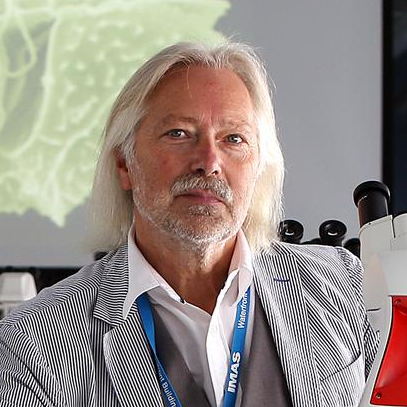The Royal Society of Tasmania invites you to a lecture by Emeritus Professor Gustaaf Hallegraeff on Sunday 5 May 2024, at the Geology Lecture Theatre, UTAS Sandy Bay.
All RST members, their guests, and the public are welcome. Admission is free. Please register in advance using this link.
Time: 3.30pm for pre-lecture refreshments, 4pm for the lecture.
Microbes are organisms that are too small to be seen by humans without using a microscope. This talk takes us on a voyage of discovery from the first cyanobacteria and algae that created an oxygen atmosphere, through protozoan malaria parasites that affected the human genome, to the fungi that delivered us antibiotics, beer and wine, and bacterial (cholera, pest) and viral diseases (smallpox, measles, influenza, COVID) that shaped human ‘civilisation’.
Most microbes are beneficial to us and almost certainly will outlive us. We need to rethink how using advanced molecular tools we now better understand so that we can live in symbiosis with them rather than be at war.

